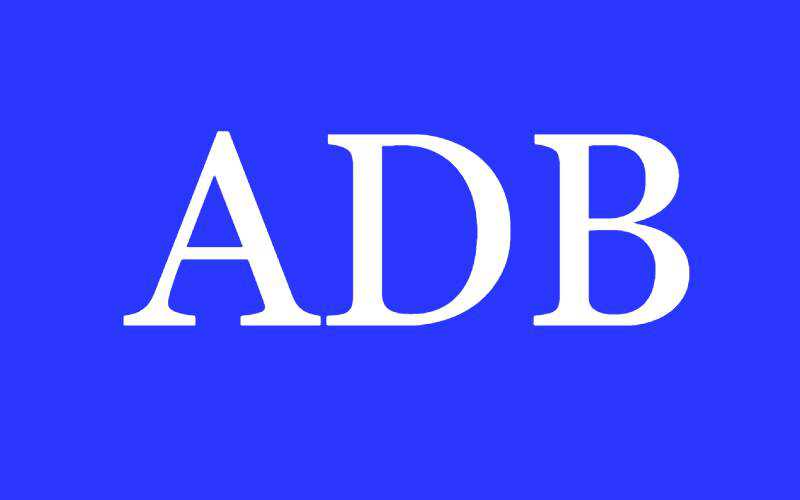Bangladesh economy to stay strong if coronavirus challenges managed: ADB

Collected
Bangladesh economy is likely to remain strong in fiscal year 2020 with strong GDP growth rate of 7.8 %, said a new report of Asian Development Bank.
The report forecasts that gross domestic product of Bangladesh is likely to grow by 7.8 % in FY2020 and 8.0 % in FY2021, in line with the latest Asian Development Outlook 2020, ADB’s flagship monetary publication.
The forecasts usually do not reflect the impact of the COVID-19.
‘Bangladesh economy continued to perform well regardless of the global financial slowdown. However, there is a downward risk because of the COVID-19 global pandemic,’ said country director Manmohan Parkash.
These growth forecasts rest on several assumptions of continued political calm, maintained consumer and investment confidence, depressed exports and imports in FY2020 and recovery in FY2021, expansionary central bank monetary policy, and favourable weather.
ADB’s preliminary estimates indicate that about 0.2 per cent to 0.4 per cent of Bangladesh GDP could be lost because of spill-over effects of the global COVID-19 pandemic.
If a substantial outbreak occurs in Bangladesh, the impact could possibly be more significant, said ADB on Friday.
‘The outlook will be updated as more info becomes available. To handle and mitigate the impact of the COVID-19, ADB is committed to support and collaborate with Bangladesh.’ country director Parkash added.
Appreciating the government’s recent interventions, Parkash said, ‘Addressing cash management challenges and broader resiliency issues because of COVID-19 related shutdowns and economic knock-ons may help minimise effect on Bangladesh economy.’
Through the first 8 months of FY2020, Bangladesh economy showed strong performance with growing domestic demand, supported by substantial upsurge in workers’ remittances.
Economic activity is expected to accelerate with higher government development spending, higher imports of liquefied gas, oil and construction materials, favourable power production, and government’s policy support to improve exports.
However, the COVID-19 pandemic could hamper such trend because of disruptions in export demands, suppressed consumption, and curbed remittances.
In FY2021, private consumption will continue to drive growth, aided by continued strong remittances.
Private investment will revive on a more robust outlook supported by improvements in business regulatory environment and enforcement of single digit lending rates in banks.
A planned rise in public investment in large projects should help expansion in domestic demand.
Improvement in global growth with expected government policy support can help the commercial activities expand.
Inflation will stay in balance in both years, and expected to slightly edge up to average 5.6 % in FY2020 on higher food prices along with non-food prices due to higher domestic gas prices.
In FY2021, it'll ease to 5.5 % on better supply condition.
The existing account deficit will narrow in FY2020 because of moderate trade deficit and healthy remittances.
With expected faster growth in export than import, and continued healthy remittances, the FY2021 current account will further improve.
The ADO 2020 notes that low revenue mobilisation is still an integral challenge for Bangladesh economy.
The low revenue to GDP ratio in Bangladesh diminishes the country’s capacity to sustain high economical growth and reduce poverty.
Revenues thus ought to be raised significantly through comprehensive tax reforms, by expanding the tax base and making resource mobilisation better to aid much-needed public expenditure on infrastructure, health insurance and social development.
Source: https://www.newagebd.net
Previous Story
- BB to allow clients to settle interbank cross...
- Coronavirus: Govt using telco apps to spread information
- LankaBangla Financing awarded by Bangladesh Bank
- Lankabangla Finance participates SME Fair 2020
- Prepare intended for shocks to drive economic growth
- Writ filed challenging BB directives on lending rate
- Policy reforms necessary for full financial inclusion
- Bangladesh's Islamic finance market keeps booming